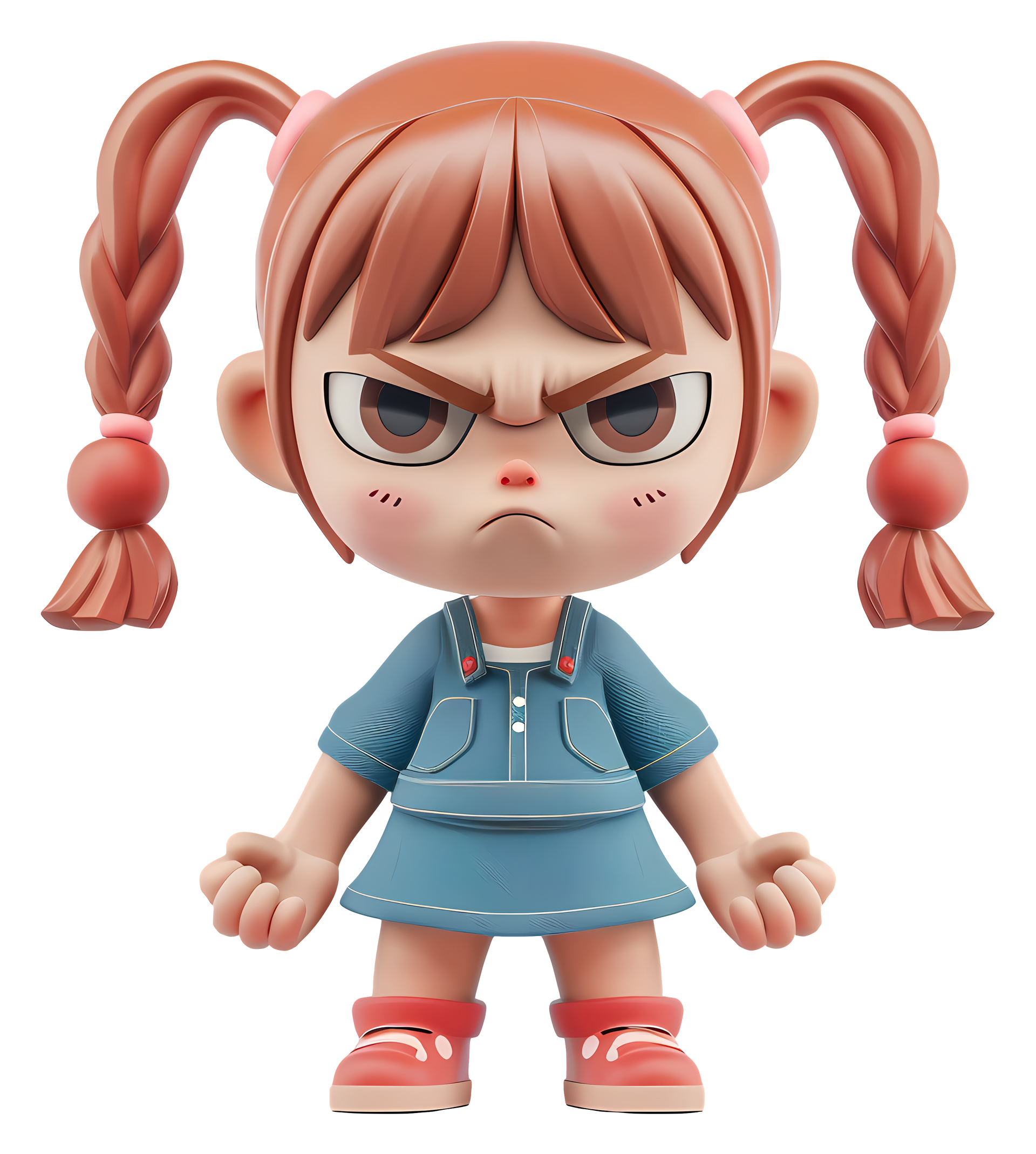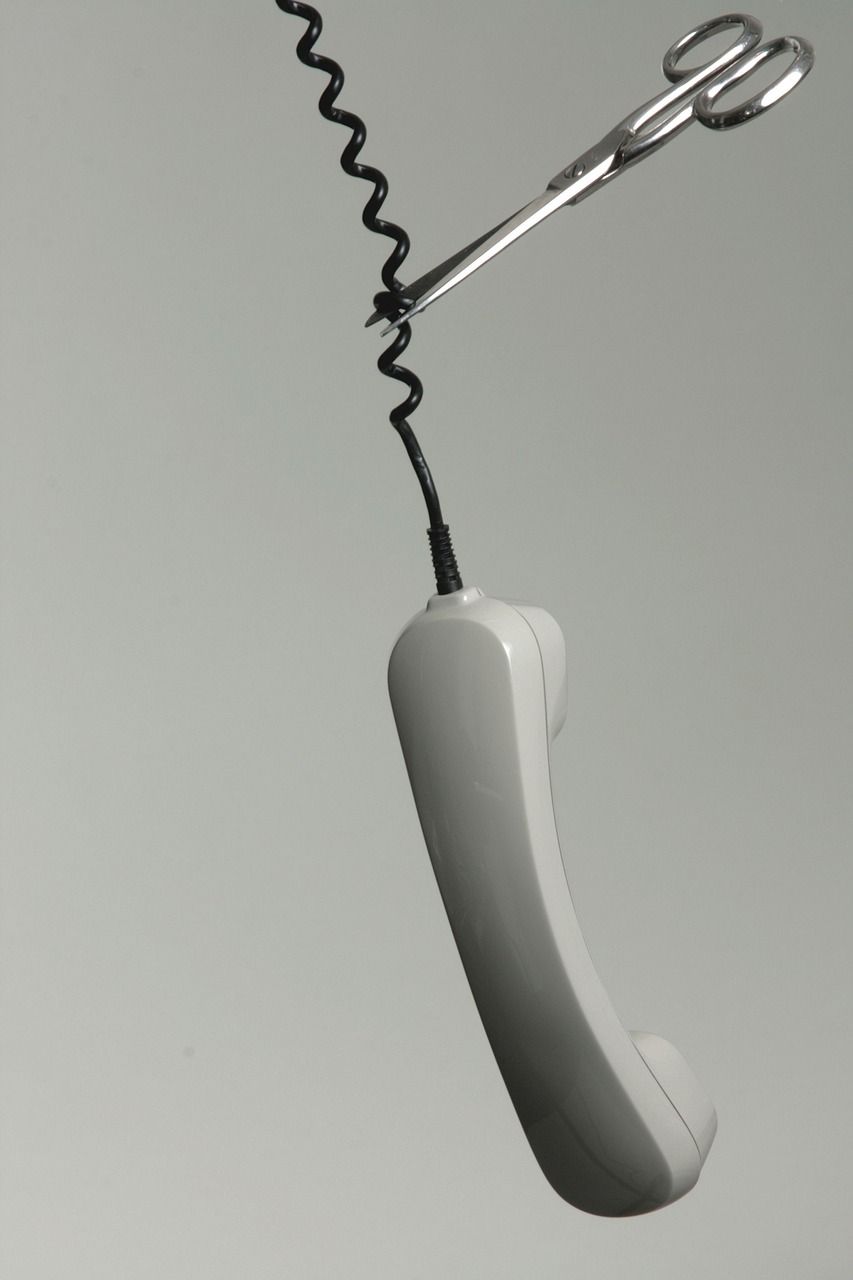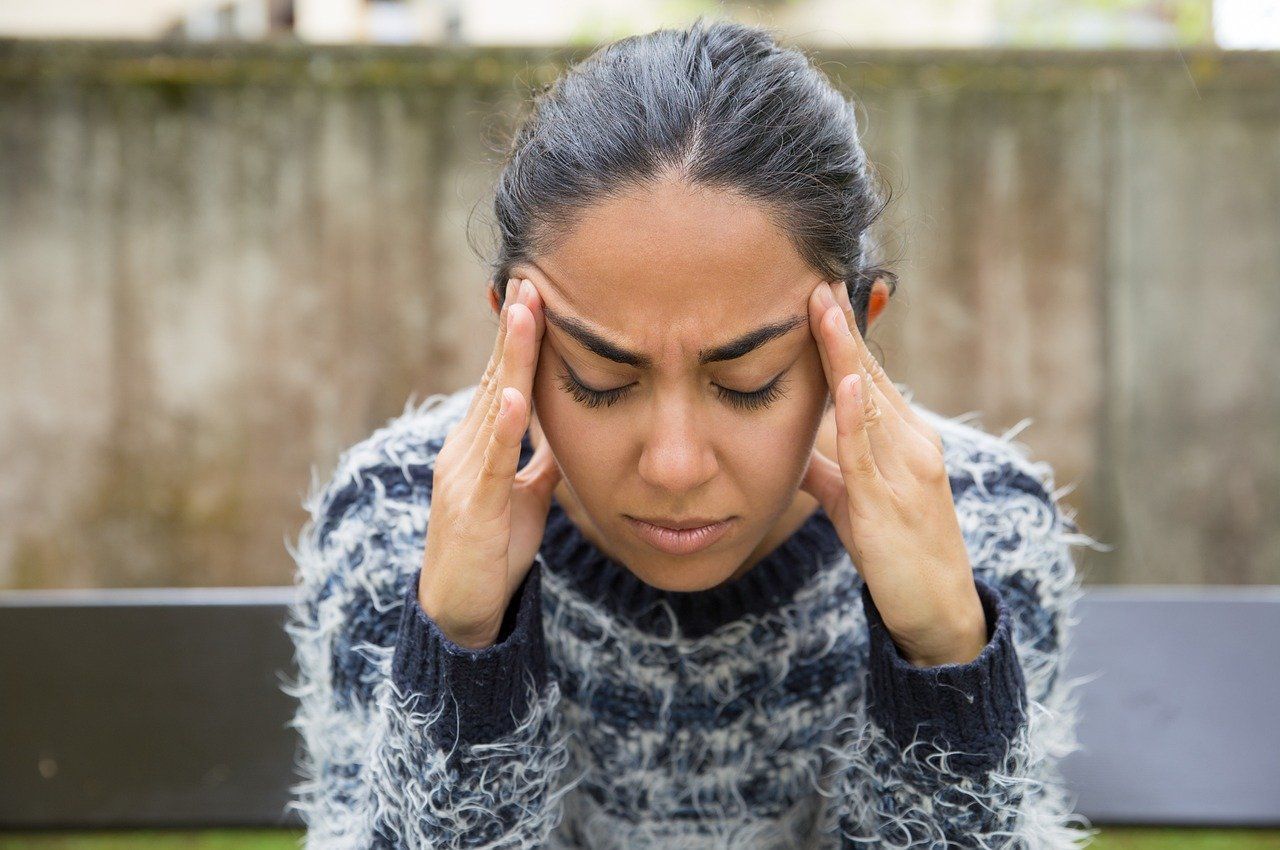Myth: drinking caffeinated beverages causes dehydration
Researchers used to believe that caffeine had a diuretic effect on the body, leading to dehydration, but evidence to support that claim has been lacking. Conventional wisdom now is that moderate consumption of caffeine (up to 400-450mg/day for healthy adults, or the equivalent of 3-4 cups of coffee) does not have a diuretic effect and thus the fluid consumed can count towards one’s daily intake.
For children and pregnant or breastfeeding women, Health Canada has the following recommended limits:
- For children 12 years and under, no more than 2.5mg per kilogram body weight, which translates to approximately:
Age 4-6: 45mg
Age 7-9: 62.5mg
Age 10-12: 85mg
- And for pregnant and breastfeeding women, no more than 300mg/day (approx 2 cups of coffee or 6 cups of tea)
I wrote a blog post earlier this month dispelling the myth suggesting the need for eight glasses of water daily, and in it I also discussed other ways to meet one’s fluid needs. Tea and coffee fit right in, and when they are consumed without extra sugar and milk, they become great calorie-free ways to stay hydrated throughout the day.
One should still use some caution with respect to drinking caffeinated beverages. Caffeine is a mild stimulant, and in high enough doses, can lead to sleep disturbances, headaches, irritability and nervousness.
So go ahead and enjoy your coffee and tea. They counts towards your fluid needs and even have a bunch of health benefits which I’ll discuss in a future post. Just take note if you’re having any of the problems I mentioned…if you do, you might want to switch a few of those cups to decaf. Otherwise, bottom’s up!












